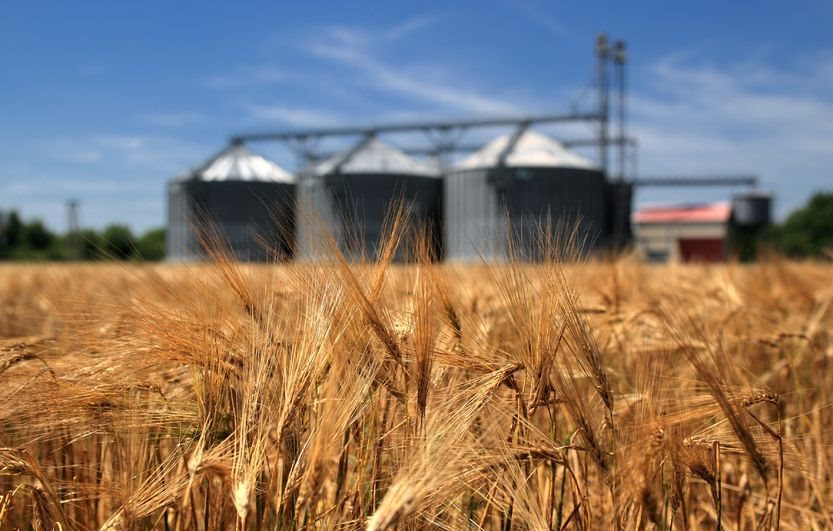Nicky Weimar, Nedbank group chief economist, informed delegates at the Agbiz Grain Symposium on Monday, 20 September what to expect in terms of future interest rate increases.

Source: ©joruba via
123RFShe explained that in terms of South Africa’s monetary policy the Reserve Bank keeps inflation within the inflation target which is between 3% and 6%. However, the Reserve Bank targets the midpoint of 4,5%. The repo rate is adjusted by the Reserve Bank following the meeting of the Monetary Policy Committee to reach that objective.
Weimar stated that the worst of the rising inflation is over. "The inflation outlook is pretty modest and the Reserve Bank’s estimates indicate that inflation will be fairly subdued and contained at a 4,5 % midpoint. If the rand were to come under pressure, it has not resulted in any inflationary pressure. The pass-through of a weaker rand to consumers has been broken and is a lot weaker than it used to be.
"Why is that? Nedbank’s view is that South Africa is stuck in the longest economic downturn in its history. It started late in 2013 and it continued throughout. South Africa is still in that phase and that is keeping a lid on prices. It makes it very difficult for companies to pass cost increases to consumers without hurting their volumes. This subdued and selective demand is containing inflation," said Weimer.
Interest rates will therefore stay flat until the end of this year and interest rates will not increase more than 100 basis points in 2022, she said.
"The Reserve Bank foresees that interest rates will go up by 25 basis points by November this year and 100 basis points (1%) in 2022 and another 100 basis points in 2023. The Reserve Bank may normalise interest rates but Nedbank does not believe that interest rates will increase more than 100 basis points. The economy is too weak and demand is too selective for inflation to take hold in any meaningful way in South Africa. Even if there are cost pressures."
She said the only reason the Reserve Bank might have to hike interest rates a little bit is that the Reserve Bank had to provide a buffer against the changing US monetary policy, the beginning of the unwinding of quantitative easing and the eventual normalization of US interest rates. This may result in a more volatile rand.
In the short term until 2023, it seems that sharp increases in interest rates are not something that the storage sector and agricultural industry need to be unnecessarily worried about in the short term, she added.
































